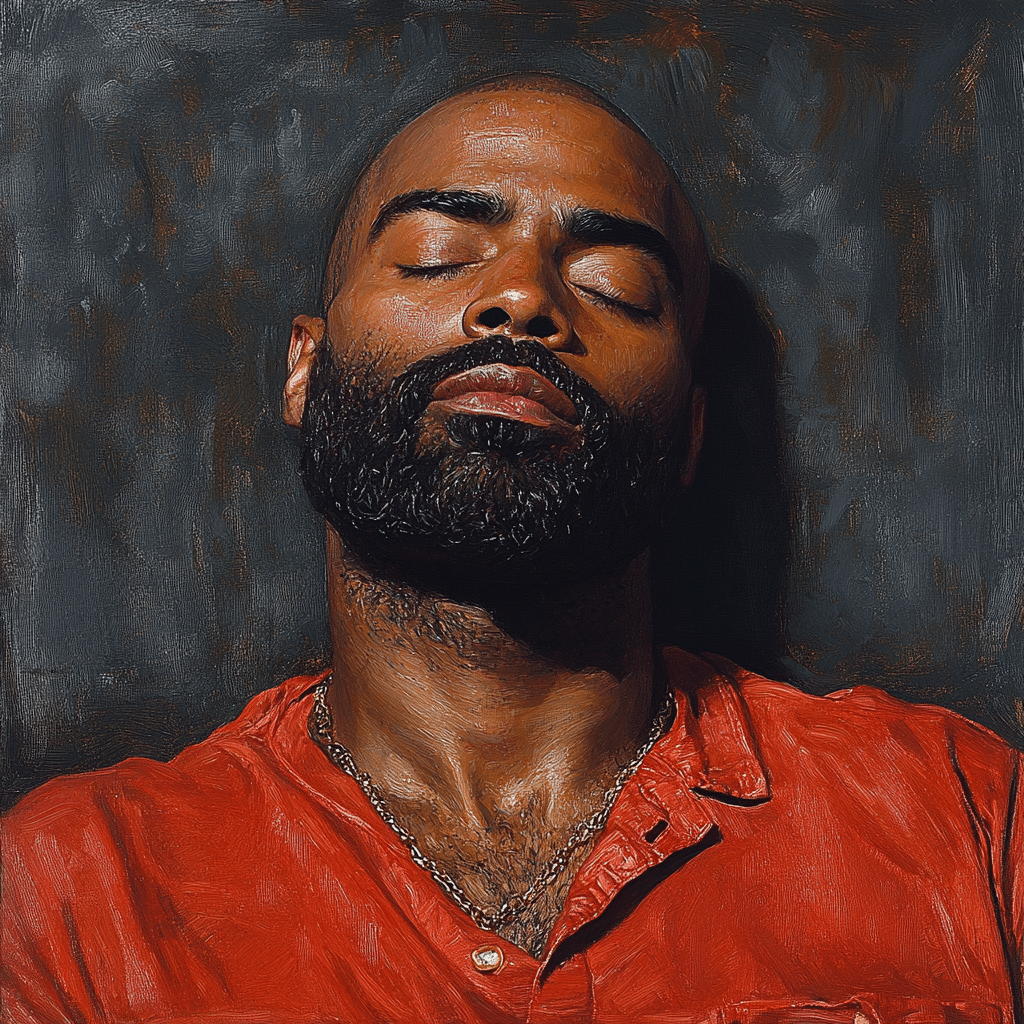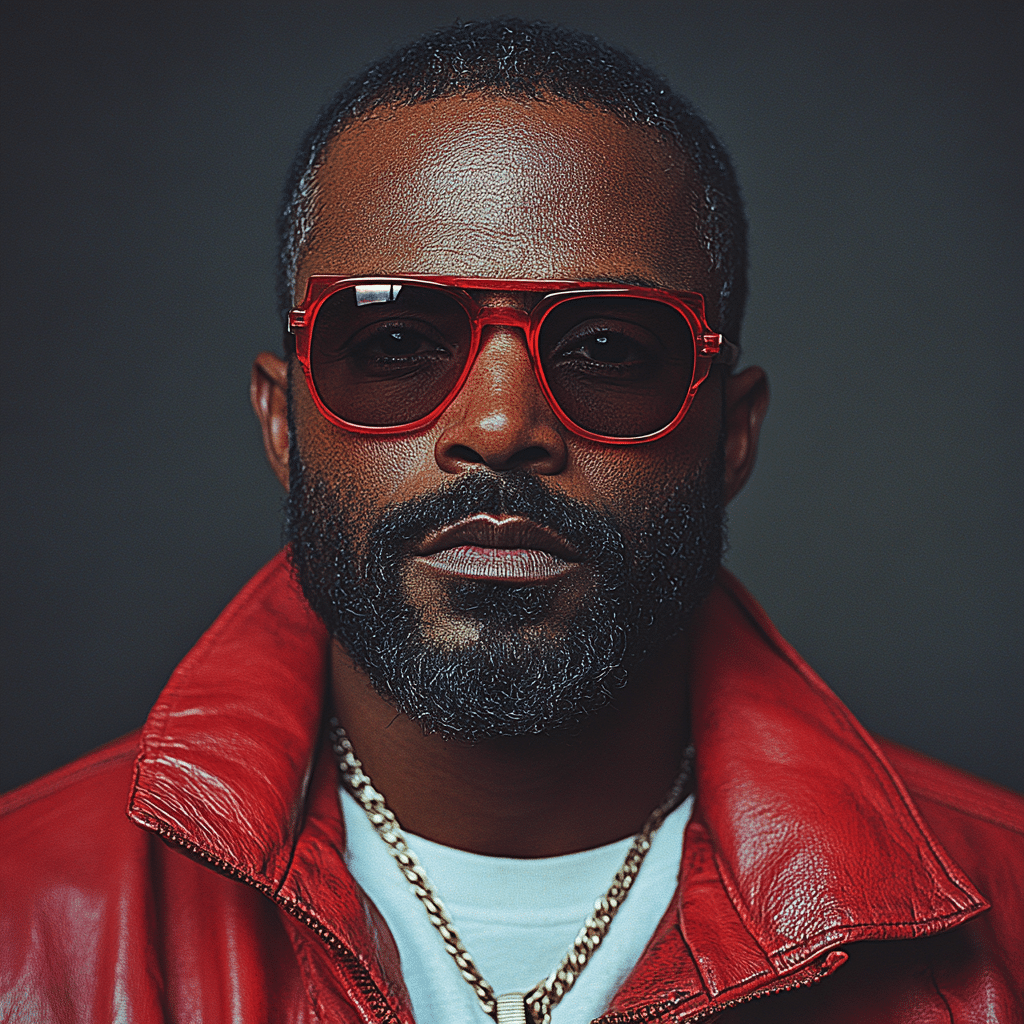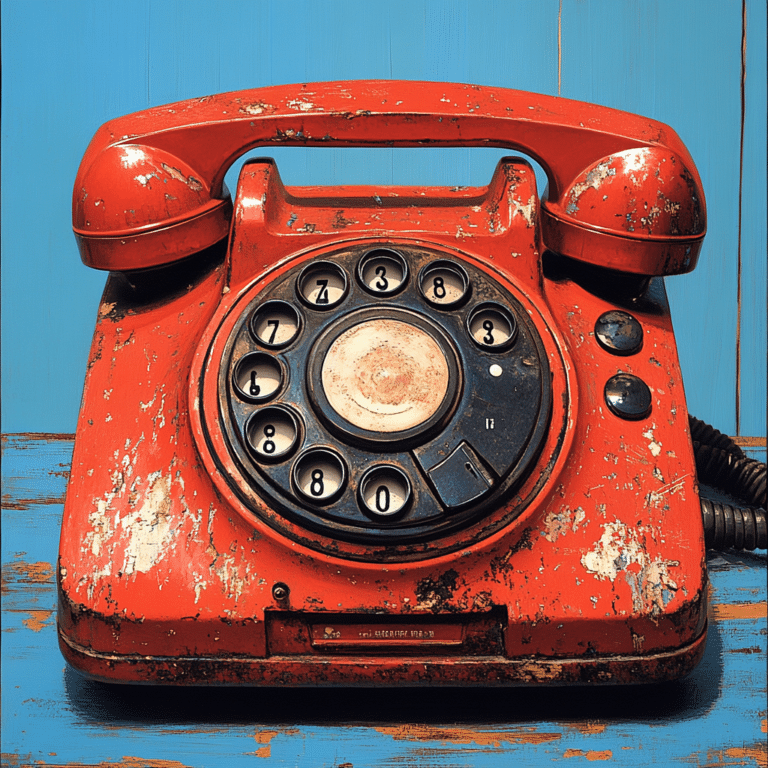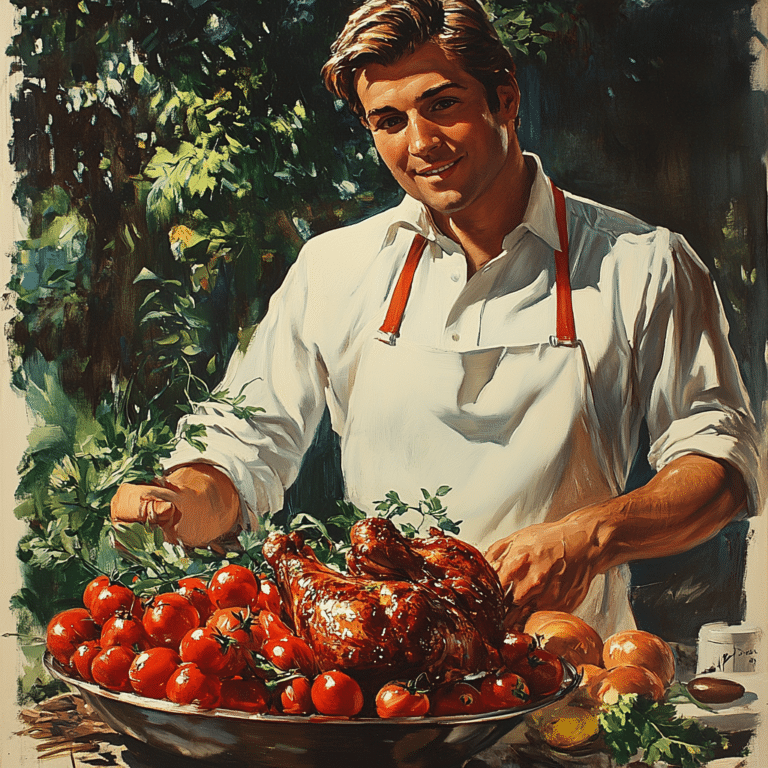
Freeway Rick Ross: The Early Years and Street Roots
Born in 1960 in Los Angeles, California, Freeway Rick Ross, or Ricky Donnell Ross, faced hardships from an early age. Growing up in South Central Los Angeles, poverty and gang violence marked his childhood. This tumultuous environment fueled his early choices, pushing him onto a path that would make him one of America’s most infamous drug traffickers. It’s essential to understand this socio-economic backdrop to appreciate Freeway Rick Ross’s ascent in the drug trade.
Ross’s family dynamics played a big role in shaping his entrepreneurial spirit. His mother struggled to provide for her family, forcing young Ricky to find ways to make money. This harsh reality instilled a relentless drive in him. He caught the business bug early, hustling different products to survive.
Education was another key factor in Ross’s life. Limited access to quality schooling in his neighborhood forced him to drop out in the eighth grade. As a teenager, he quickly realized that drug dealing offered more immediate rewards than pursuing a traditional education. With few opportunities available, the allure of quick cash became too hard to resist.

The Strategic Business Acumen of Freeway Rick Ross: Building a Cocaine Empire
Freeway Rick Ross didn’t operate like your average drug dealer; he was a savvy businessman. He revolutionized the cocaine trade with his incredible knack for logistics and a deep understanding of market dynamics. He built a distribution network that delivered cocaine efficiently, cutting costs and maximizing profits.
His mastery of the supply chain set him apart. Ross established connections with South American suppliers, ensuring a steady flow of product. His distribution method minimized risks and overhead costs, akin to modern-day business practices seen in successful corporations. This strategic approach allowed him to dominate the streets.
Marketing played a vital role in his success as well. Ross was attuned to his customers’ needs, ensuring top-notch product quality while strategically pricing his merchandise. By undercutting competitors, he built a loyal customer base, leading to his empire’s rapid growth. It was no small feat in a competitive drug market, reflecting his uncanny business acumen.
The Rise of Freeway Rick Ross: Operations and Expansion into a Global Drug Trade
As the crack epidemic took hold in the 1980s, Freeway Rick Ross seized the opportunity to expand his operations significantly. What started as a local hustle quickly evolved into a national and eventually international enterprise. He took the rise of crack cocaine to levels that few could have imagined.
Ross’s distribution tactics were as impressive as they were ruthless. He orchestrated the transportation of cocaine from Colombia to the streets of Los Angeles, effectively mapping out a network that was almost corporate in its efficiency. Drawing parallels to contemporary logistics strategies, he managed to ensure that product availability met rampant street demand.
Key moments of strategic expansion included collaboration with the Nicaraguan Contras. These partnerships didn’t just bolster Ross’s supply; they also intertwined him with influential political players. This connection not only opened doors in the drug trade but also raised disturbing questions about the intersection of drug money and politics.
The Impact of Freeway Rick Ross on Communities: A Double-Edged Sword
Freeway Rick Ross’s operations left indelible marks on communities across the nation. While he amassed vast wealth, his actions significantly contributed to a host of societal challenges still felt today. The connection between his endeavors and the crack epidemic is undeniable.
The social consequences were staggering. The spread of crack cocaine fueled violence, addiction, and spiked incarceration rates in urban centers. Neighborhoods that once thrived became battlegrounds as rival factions clashed over territory and control. This rise in crime directly correlated with Freeway Rick Ross’s empire-building efforts, leading to lasting pain for many families.
Economically, the effects were mixed. On one hand, drug money flowed freely, reshaping local economies. Some businesses thrived, an influx of cash creating jobs. On the flip side, rampant addiction and violence stunted community development. It raised critical questions about whether this cash influx was a boon or simply another layer of turmoil wrapped in the guise of success.
The Arrest and Legacy of Freeway Rick Ross: From Drug Kingpin to Cultural Icon
Freeway Rick Ross’s arrest in 1996 marked a pivotal shift in his narrative. He faced various charges that painted him as a criminal mastermind amid broader issues surrounding drug offenses in America. His trial reflected systemic problems within the criminal justice framework, especially regarding inequities in drug sentencing.
While behind bars, Ross had time to reflect on his life choices and their consequences. Upon his release, he began to embrace a new identity, transitioning from a notorious drug kingpin to a motivational speaker. His journey from crime to redemption inspired many; he transformed lessons from a life of mistakes into cautionary tales aimed at youth.
Ross’s evolution is more than just personal; it reflects a broader societal dialogue about crime and rehabilitation. He emphasized education and making informed choices, showing that it’s possible to change one’s path. His story promotes a message of hope and transformation, urging others to avoid the same pitfalls he encountered.
The Cultural Reflection of Freeway Rick Ross: Influence on Music, Film, and Society
The saga of Freeway Rick Ross transcended his criminal exploits, embedding deeply into popular culture. He became a symbol of the complex dance between ambition and morality. His influence radiated through music and film, particularly within the hip-hop genre.
Prominent artists like Jay-Z incorporated references to Ross in their lyrics. These mentions not only glorified his lifestyle but also shaped the perceptions of youth regarding drug dealing, raising concerns about romanticizing his choices. The way artists reference Ross often reflects society’s fascination with crime and its consequences, questioning what messages are being sent to impressionable listeners.
Documentaries and films, like “Freeway: Crack in the System,” shed light on Ross’s life while offering commentary on the broader drug war. These projects reached a wider audience, framing the narrative around systemic issues rather than glorifying the crime itself. They served to educate viewers about the social consequences of drug addiction and the complexities intertwined with drug trade narratives.
Redefining a Notorious Legacy: Lessons from Freeway Rick Ross
Freeway Rick Ross’s life encapsulates the myriad aspects of the drug trade and its lasting impacts on society. His story morphs from a stark warning about the pitfalls of crime to one focusing on empowerment and education. It encourages us to examine the underlying societal structures that facilitate the rise of figures like him.
As America grapples with ongoing challenges related to drug policy and criminal justice reform, Ross’s narrative remains a vital part of that conversation. His journey compels reflection, urging us to consider how ambition can intertwine with moral dilemmas. The legacy of Freeway Rick Ross stands as both a warning and a beacon, fostering crucial discussions about the past and our potential paths forward.
In this ever-changing landscape, we must remember the lessons embedded within his story. They remind us that while the allure of quick success may seem enticing, the long-term consequences can be devastating, impacting not just individuals but entire communities as well. By engaging in these discussions, we can shift the dialogue from crime to solutions, striving for better outcomes in the future.
Freeway Rick Ross: A Legend of Controversy and Cunning
The Early Days and Rise to Fame
You might know freeway rick ross as a notorious name in the drug trade, but few realize his humble beginnings in Los Angeles. Growing up in a low-income neighborhood, he quickly learned how to hustle. Interestingly enough, he was often compared to characters found in films. Speaking of actors, check out some of David Denman ’ s Movies And TV Shows( if you want to dive into memorable performances that echo those gritty life experiences. At the height of his operation, freeway rick ross was linked to a significant portion of cocaine trafficking in the U.S., which transformed him into a household name, albeit for all the wrong reasons.
The Impact of the Drug Trade
The effects of freeway rick ross’s dealings were profound, influencing not just Los Angeles but communities nationwide. His story runs parallel to many infamous events of the ‘80s, like the rise of R. Kelly ‘s Songs( dominating the charts back in those days. The drastic rise in drug-related violence and the incarceration of countless individuals were tragic side effects of his actions. Still, there was no denying that the culture surrounding freeway rick ross captivated many. It’s a narrative that makes you wonder: how did a kid from Los Angeles end up forming such a large criminal empire?
Life After the Fall
After being arrested and serving several years in prison, freeway rick ross turned his life around. This transformation mirrors the story of many who seek redemption, similar to reconstruction stories seen in films like Summer Of 84.(.) He began sharing his experiences through talks and books, emphasizing the importance of education and making wiser choices. In a twist of fate, he’s now a motivational speaker, shedding light on the pitfalls of his past and the struggles people face. It’s almost poetic how a notorious figure can become a beacon of hope—quite like a luxurious getaway at one of those beautiful La Jolla Hotels() where one can relax and find solace.
As freeway rick ross continues to share his insights, the conversation about the drug trade and its implications remains ever-relevant. His life serves as a cautionary tale that reminds us of the choices we make and how they shape our paths. And speaking of choices, if you’re ever flying through Honolulu airport,( remember, every journey is a chance to redefine ourselves, just like freeway rick ross has done.




























